Echoes of Films by Women/Chicago '74
In 1974, Chicago held its first women’s film festival, screening over 70 films spanning works by early directors like Leni Riefenstahl and Dorothy Arzner to avant-garde filmmakers like Maya Deren and Marie Menken. On the occasion of its 50th anniversary, Doc revisits the Films by Women/Chicago ’74 program in conversation with screenings at Northwestern University’s Block Cinema and the Gene Siskel Film Center. While one original choice, Loving Couples, is replicated, the rest are additions, or echoes: the inclusion of a Soviet presence through Murotova’s The Long Farewell, as well as an alternative choice of Duras (Nathalie Granger, instead of 74’s Destroy). The series also includes screenings that attempt to capture the spirit of the festival through post-’74 films that were made in the long lineage of feminist filmmaking on display at the festival. Marleen Gorris’s A Question of Silence evokes the feminist rage of Mai Zetterling, while We Aim to Please and Untitled 77-A by Han Ok-hee (founder of Kaidu Club, a South Korean feminist experimental film group) presents another idea of what a woman’s avant-garde film can be. Finally, the series closes across the ocean with a screening of videos made by French women working within feminist video collectives of the 70s. Works include those made by Delphine Seyrig and Carole Roussopolous (a continuation of Doc’s Spring 2023 screenings of Les Insoumises’ video work) that address the pressing women’s issues of the time, not unlike our own, and a film reflecting on the ideas and goals of a women’s film festival through the lensing of the Musidora Women’s Film Festival (also occurring in 1974). This last screening is introduced by London-based scholar and curator Erika Balsom.
The Long Farewell / Untitled 77-A (1971/1977)
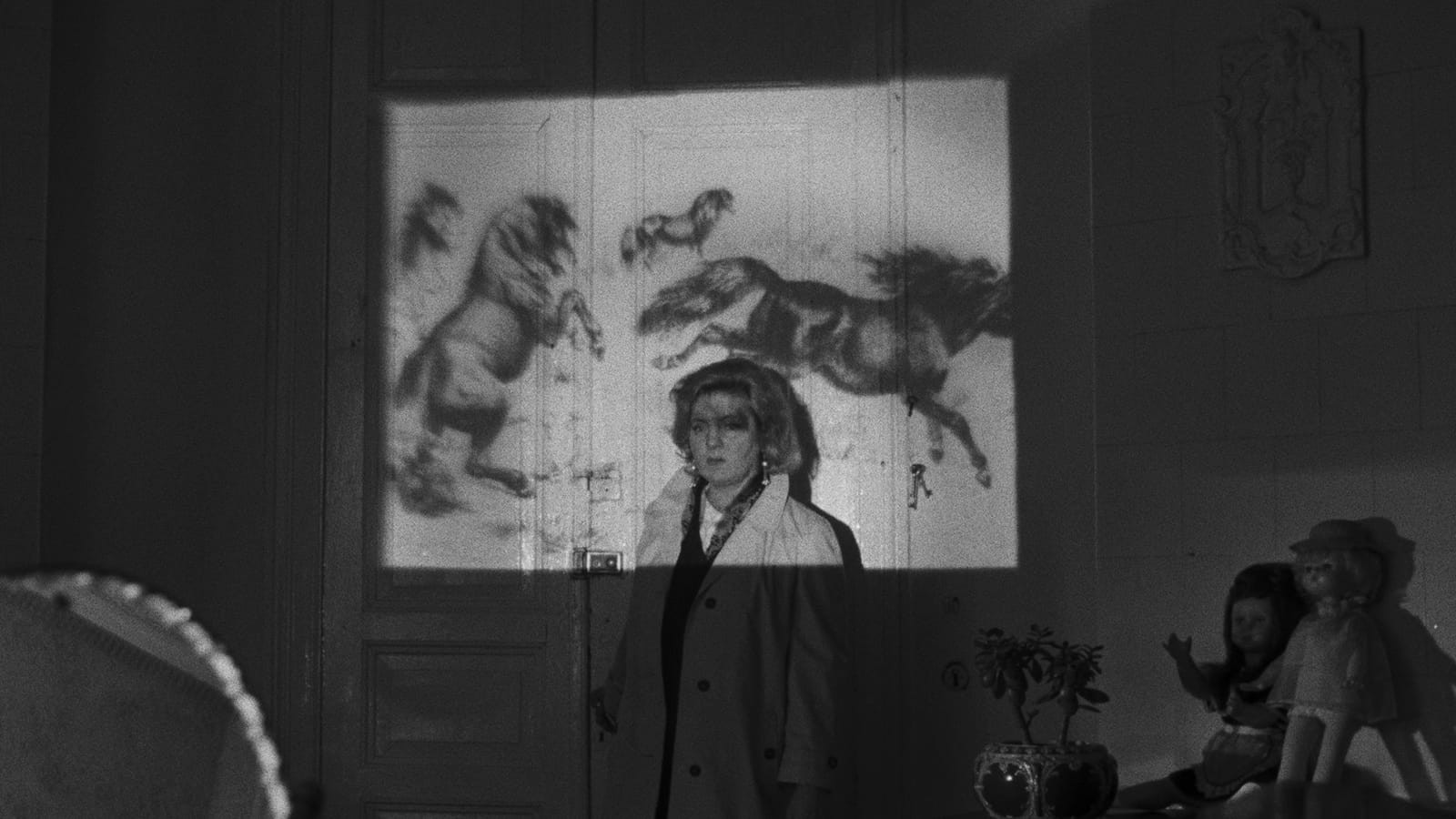
Kira Muratova / Han Ok-hee · 97m / 7m · DCP
A self-portrait raging against the violence of censorship opens this series and precedes Kira Muratova’s censored film. The Long Farewell is about the relationship between an overbearing single mother and an increasingly defiant son. Punctuated by formal experimentation that Soviet censors deemed unfit, the film does not hesitate to explore the love and resentment, nor the uncomfortable growth and agonies that come with the inevitable parent-child goodbye.
Provided by the National Asian Culture Center.
Tuesday, October 1st 7:00PM
Nathalie Granger (1972)
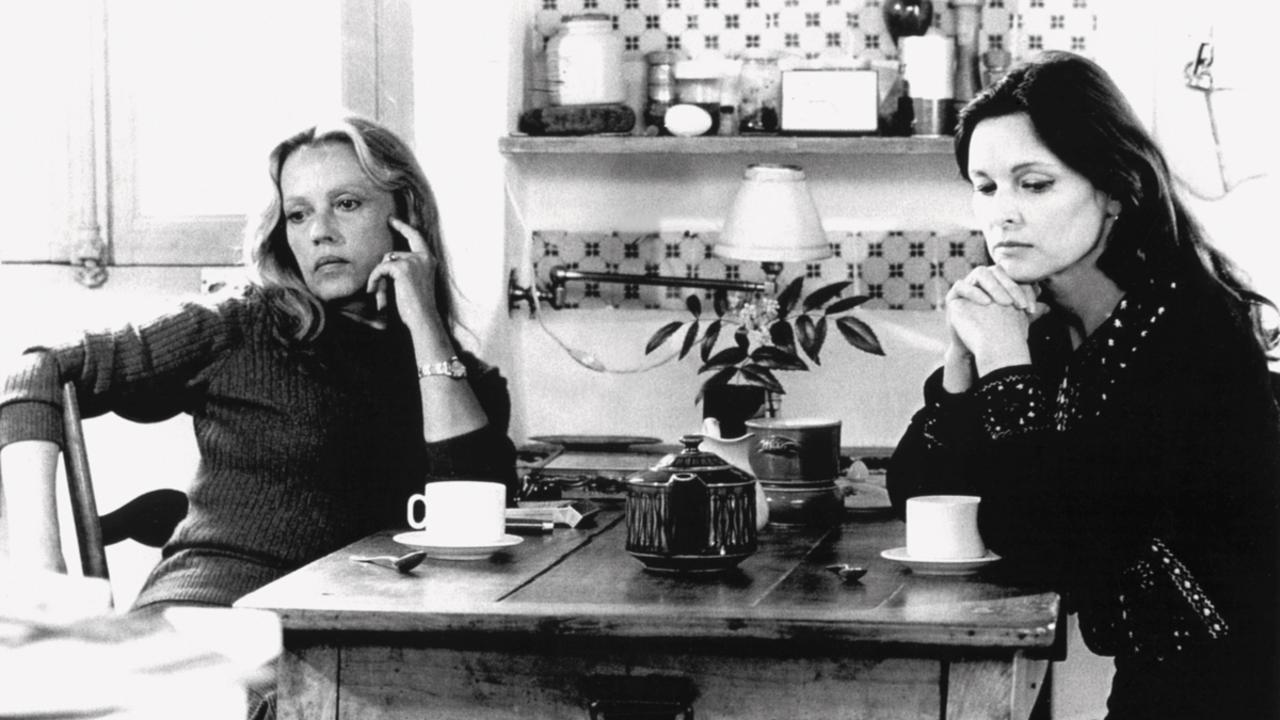
Marguerite Duras · 83m · DCP
Shot at Duras’s house outside Paris, Nathalie Granger stars two women (Lucía Bosè and Jeanne Moreau) who perform cycles of dull domestic duties and rituals while exchanging few words.The emptiness of the narrative is charged with an atmosphere of unease — the radio narrating the actions of two killers, the expulsion of one of the women’s daughters for her "violence" at school, and an intruding salesman played by Gérard Depardieu.
Tuesday, October 8th 7:00PM
Loving Couples (1964)
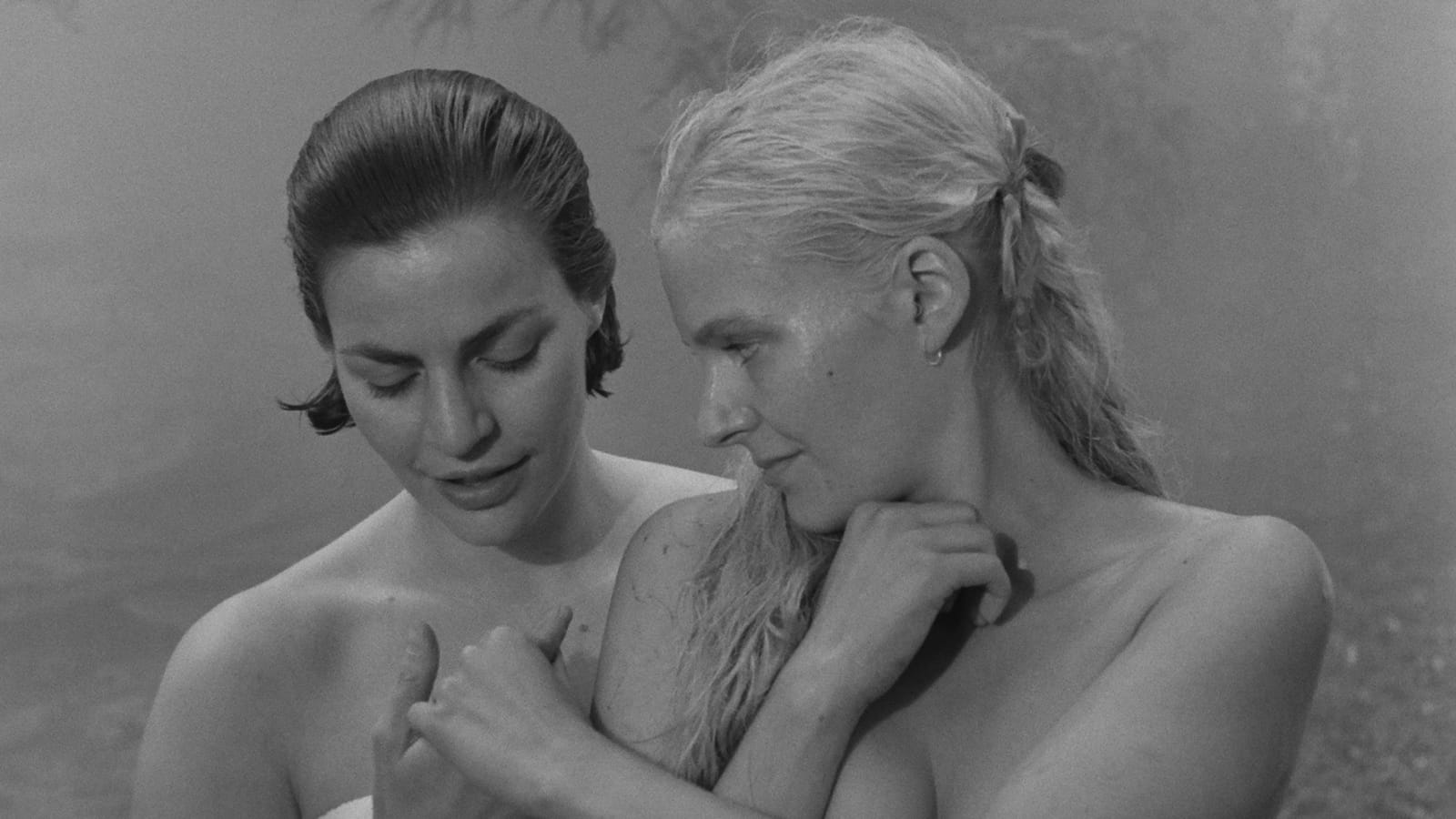
Mai Zetterling · 118m · DCP
Zetterling is known for sharing a cast (and cinematographer) with Bergman, but the comparisons end there. Her work explores women and their relation to power, sex, and politics with a transgressive honesty — here, through three women from different social classes (Harriet Andersson, Gunnel Lindblom, Gio Petré). Their lives are intertwined through past, present, and a shared Midsommar celebration, as they all anticipate births in the hospital ward.
Tuesday, October 15th 9:30PM
A Question of Silence / We Aim to Please (1982 / 1976)
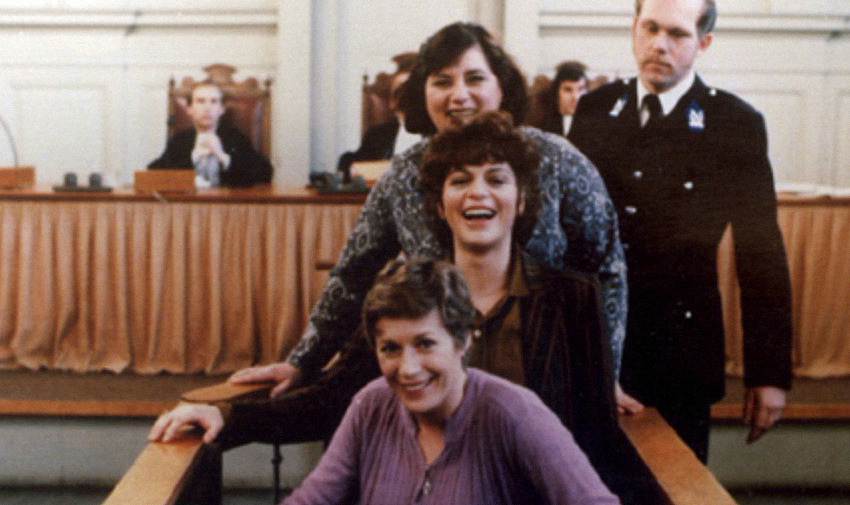
Marleen Gorris, Margot Nash & Robin Laurie · 92m / 13m · 35mm / DCP
An exhilarating court drama, psychological thriller, and women’s crime film all in one, A Question of Silence trembles with palpable feminist rage. Marleen Gorris’s directorial debut centers three women who are accused of killing a man together. Mysteriously, they are all strangers to each other. A psychiatrist assigned to the case becomes obsessed with figuring it out and comes to question her own ideas along the way. Preceded by We Aim to Please.
Tuesday, October 22nd 7:00PM
S.C.U.M. Manifesto 1967, Y’a qu’à pas baiser, Musidora: Festival international des films de femmes (1976, 1971, 1974)
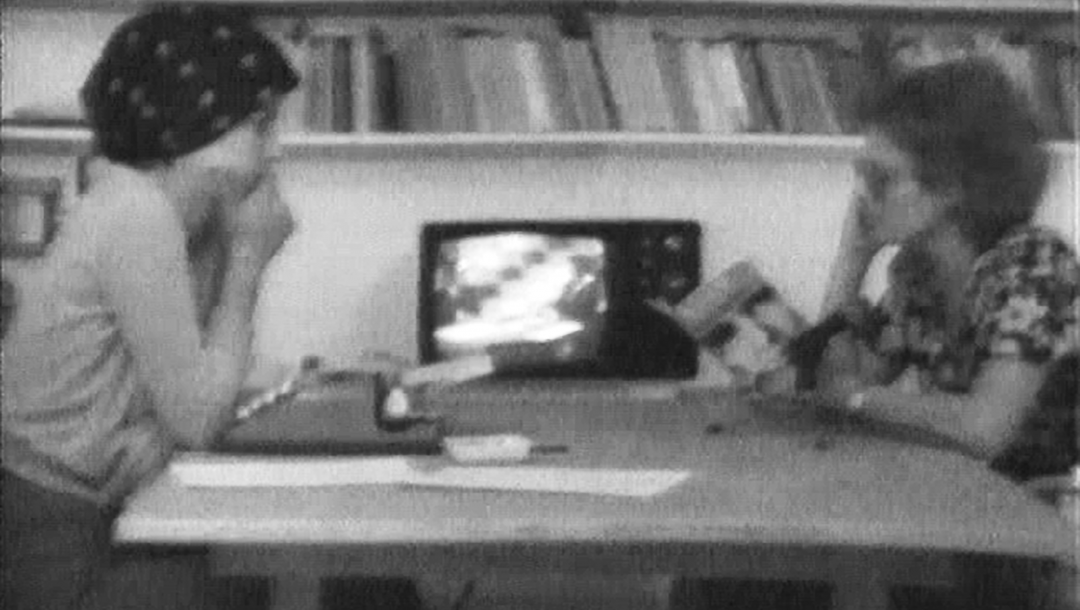
Delphine Seyrig, Carole Roussopoulos / Carole Roussopoulos / Catherine Lahourcade, Anne-Marie Faure · 26m / 17m / 26m · DCP / DCP / digital
In the 70s, French feminist video collectives such as Les Insoumuses and Vidéa were making films concerning women’s issues. S.C.U.M. Manifesto highlights the performance nature of some of the works while Just Don’t Fuck documents an illegal abortion and interviews and protests surrounding the topic. To end the series, Musidora captures the conversations occurring in 1974 at another women’s film festival — Paris’s first. Introduced by London-based scholar and curator, Erika Balsom. S.C.U.M. Manifesto has been restored by the BnF (Bibliothèque nationale de France).






